Military Experience Translates to Success for Vets
Reentering the workforce can be challenging for veterans, but programs and initiatives spearheaded by Koch are helping them find fulfillment in new roles
Published 01-22-24
Submitted by Koch Industries
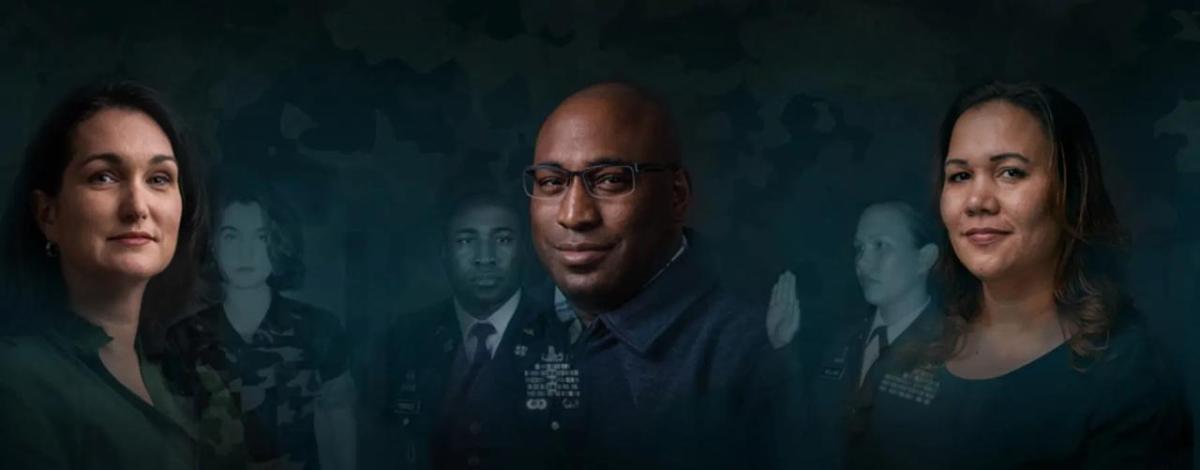
Every year, roughly 250,000 members of the armed forces take off their uniforms for the last time and step back into the civilian world ready to rejoin the U.S. workforce and begin the next chapter of their lives. That's 250,000 highly skilled, team-oriented individuals with world-class training in specialized fields ready to apply their unique experience to new roles in the private sector.
But without access to reintegration education and preparation for that life-changing experience, this transition from soldier to civilian can be a difficult one.
The biggest challenge I faced was getting past human resources managers.
Ezell Tornes, US Army and Army National Guard, Material Management Supervisor
For Ezell Tornes, a 25-year veteran of the Army and Army National Guard who now works as a material management supervisor for Guardian Industries in DeWitt, Iowa, finding roles he qualified for or that interested him wasn't difficult - the hardest part was simply getting a foot in the door. Tornes said, "Often, I wouldn't even hear back from a company."
I was aware that I had some marketable skills but had to translate that into something a company would understand.
Casey Olin, United States Air Force, Operations Manager
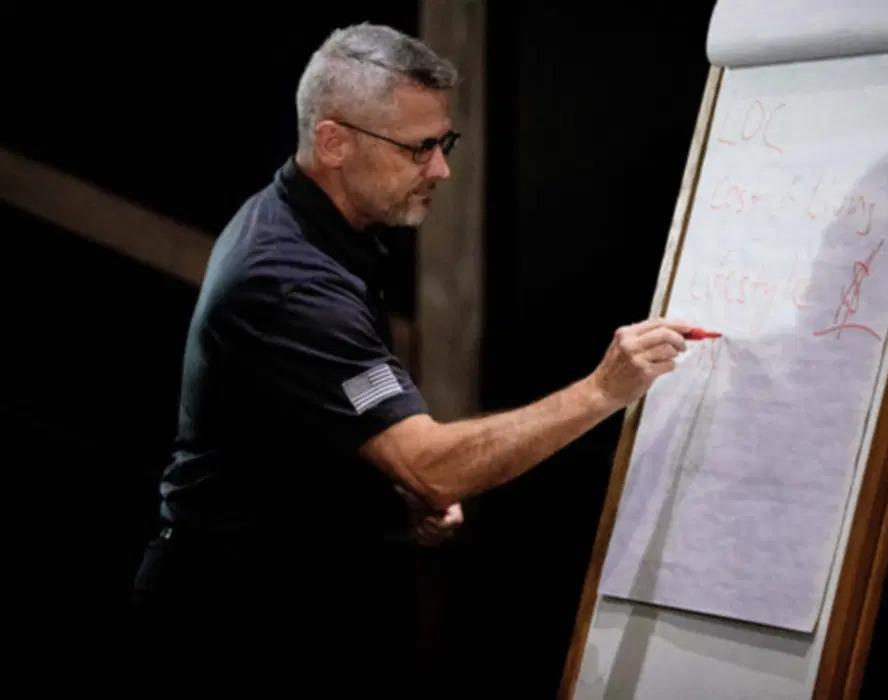
But for veterans like Casey Olin, a 14-year veteran of the United States Air Force and now an operations manager for GP Harmon Recycling, translating military skills and work experience into civilian terms was an even greater challenge. "It was a strange, new thing," said Olin.
I think if I could go back, I would have definitely tried to find a mentor.”
Shannon Vivar, Marine Corps, Director of Risk Optimization
Five-year Marine Corps veteran Shannon Vivar, director of risk optimization with Koch Industries said, "And I would have tried to use some of the veteran organizations and resources available to help me understand where my comparative advantages were and what I was bringing to the table."
We’re Proud To Employ Thousands Of Military Veterans Across All Koch Companies.
Meet just a few of the men and women whose service makes a difference every day and some advice they offer to those going through this process. Read more about them here.
This year alone, we’ve hired on vets across 20 different career fields.
John Buckley, US Army Colonel, Military Relations Manager
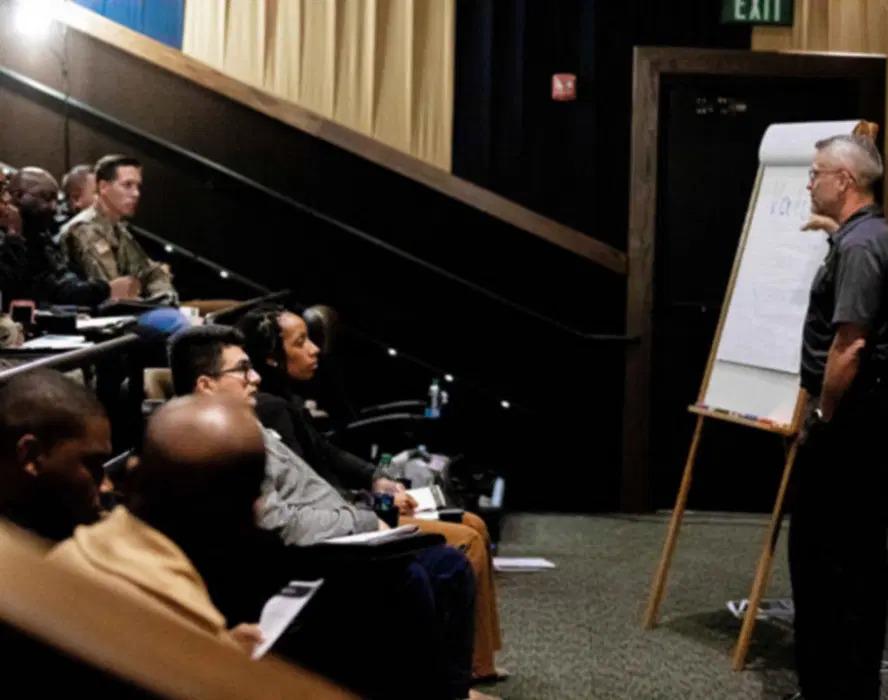
Since taking on the responsibility of military relations manager for Koch Industries in 2014, retired Army Colonel John Buckley has been busy working to make this transition easier for veterans like Vivar, Tornes and Owen. By doing so, Buckley has helped grow Koch Industries' veteran population nearly four-fold and led the company to achieve Military Friendly silver status for the first time in 2018.
The Military Friendly designation is important to Buckley because it recognizes the Market-Based Management (MBM) philosophy that guides Koch culture is in direct alignment with the values soldiers exemplify in the service -- and that's something he wants veterans and those exiting the military to know. It's that kind of alignment that makes Koch a cultural fit for veterans, and vice versa.
"From a growth perspective, we started out with seven career fields as a hiring focus at Koch, like business and engineering, and so on," said Buckley. "This year alone, we've hired on vets across 20 different career fields. And we're connecting them to MBM trainings and mentorship programs. But I continue to challenge the status quo in wondering how can we take it to the next level? Because I still feel like we're leaving a lot of quality people on the table."
This training and mentorship is part of Koch's multifaceted approach to veteran recruiting and retention, which also integrates job training opportunities like Hiring Our Heroes and Heroes Make America, and provides online resources for transitioning soldiers.
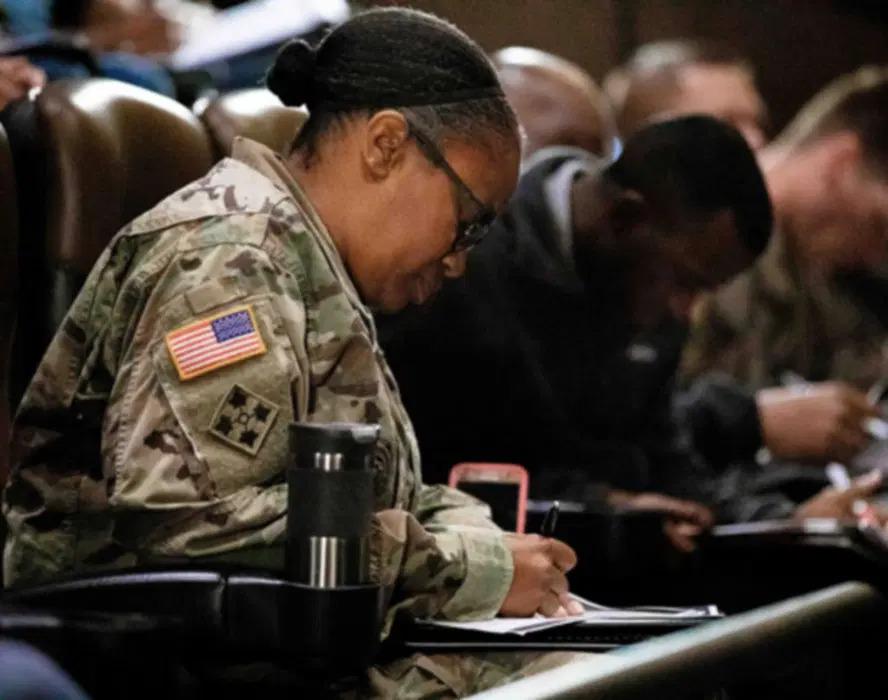
Outside of Koch, Buckley has worked with other large businesses like GM, Textron and J.P Morgan to share best practices on veteran hiring and retention strategies, as well as counseled veterans in need of guidance. It's this partnership with other organizations and willingness to collaborate beyond company walls that's most telling of Buckley's passion for helping veterans, whether with Koch or elsewhere.
Tony Leiding knows this better than anyone. Leiding, a U.S. Army captain and Blackhawk helicopter pilot who flew aeromedical evacuation missions, left the service in 2015 after eight years of active duty and began seeking opportunities to put his MBA to work. Through networking and more than 50 informational interviews with various companies in the Wichita area, Leiding connected with Buckley.
I’ve been able to take a lot of the pointers and tips he shared with me and pay it forward by passing that knowledge along to friends who’ve also transitioned out of the military.
Tony Leiding, US Army Captain, Director of Operations
"I sent him my resume, and I thought I had what I considered to be a pretty solid resume," Leiding recalled. "But he had a very frank conversation with me about the need to make it more 'civilianized,' for lack of a better word - really make it clear what I did in the service and equate that to civilian experience. It was a hard conversation, but it was what I needed to hear."
Leiding incorporated Buckley's feedback and was in the process of applying for multiple positions with Koch when opportunity came knocking from another ethanol company. That company interviewed Leiding and hired him on the spot, and he's been working there ever since. But he hasn't forgotten the guidance he received that helped make it happen.
"John's a wonderful guy, and he knows his stuff about transition," said Leiding. "His guidance to me was certainly invaluable, and I've been able to take a lot of the pointers and tips he shared with me and pay it forward by passing that knowledge along to friends who've also transitioned out of the military."
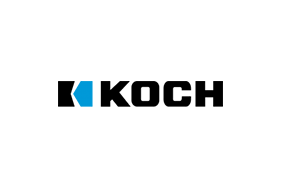
Koch Industries
Koch Industries
Creating value. Transforming life.
Our life’s work is to help people improve their lives by making and innovating products and services our customers value. Our focus is on delivering mutual benefit: Win-win outcomes that make life better for customers and employees alike.
Based in Wichita, Kansas, Koch Industries is one of the largest private companies in America. A diverse set of businesses and industries across the world, we work together to keep improving and exploring new ways to make life even better.
Koch companies are involved in manufacturing, agriculture, pulp and paper, packaging, consumer products, building materials, glass, automotive components, refining, renewable energy, chemicals and polymers, electronics, enterprise software, data analytics, medical products, engineered technology, project services, recycling, supply chain and logistics, global commodities trading, and investments. Since 2003, Koch companies have invested more than $150 billion in growth and improvements. With a presence in about 60 countries, Koch companies employ more than 120,000 people worldwide, with about half of those in the United States.
Stewardship in all we do.
Our approach to Environmental, Social and Corporate Governance (ESG) is different than most. We believe in people and seek a system of equal rights and mutual benefit where individuals succeed by helping others succeed – and where people are empowered to improve their lives and their communities. It’s why we focus on empowering individuals to improve their lives and communities through bottom-up solutions rather than top-down imperatives.
Environmental Stewardship
Consuming fewer resources, minimizing waste and constantly innovating to improve our manufacturing processes and performance is essential to the way we do business – benefiting our customers, employees, investors, communities and planet.
Five environmental stewardship priorities.
With more than 300 manufacturing sites across the United States – and about 100 more globally – we’re one of America’s largest manufacturers. Every day, across those sites, we strive to create more value, using fewer resources than the day before. We do it through constant improvement and innovation – both in the products we make and how we make them, and by managing our resources in a way that benefits our customers, employees, partners, community members and society.
- Innovation
- Energy Efficiency
- Air Quality
- Water
- Responsible Resource Management
Social Stewardship
Philanthropy. Health and safety. Diversity and inclusion. Meaningful, rewarding careers and community outreach. These are just some of the vital priorities of social stewardship that empower each of our employees to develop, contribute, self-actualize and create value for the world while supporting communities in which we live.
Governance
Our management framework, Principle Based Management™, is based on proven principles of human progress and a deep appreciation for the dignity of every individual. Our private ownership, shared Vision, Values, compliance standards and oversight all help us focus on long-term value creation.
More from Koch Industries

